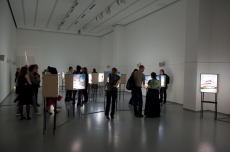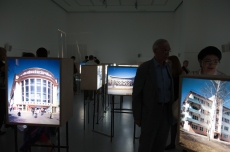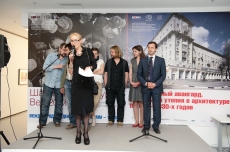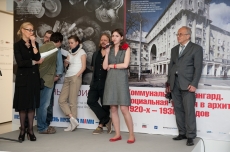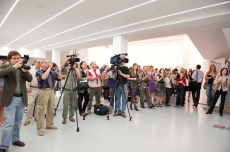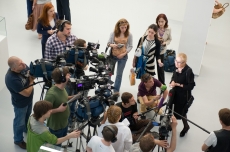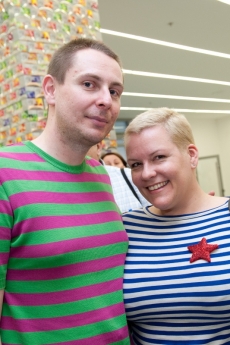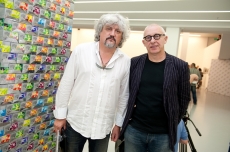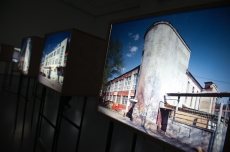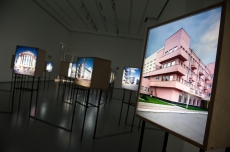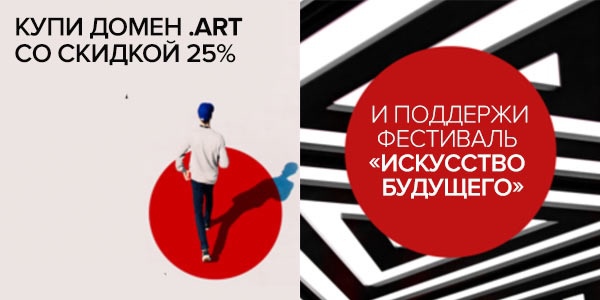Communal Avant-Garde. Social Utopia in Architecture of 1920 – 1930-s
Sergey Leontiev, Vladislav Efimov, Georgi Stefanov
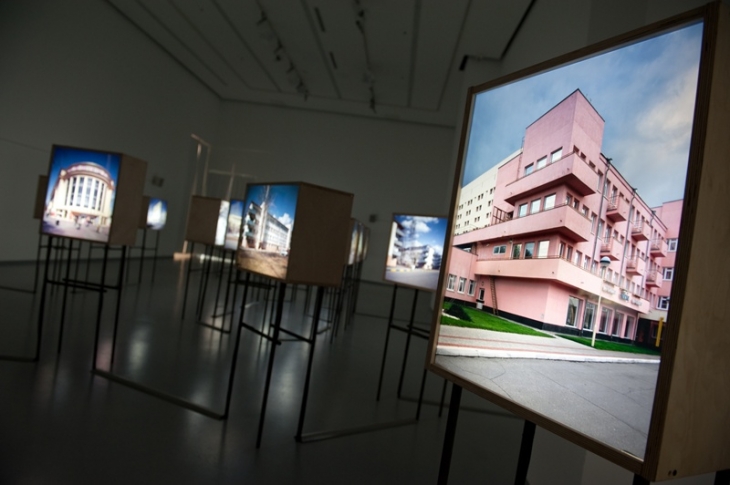
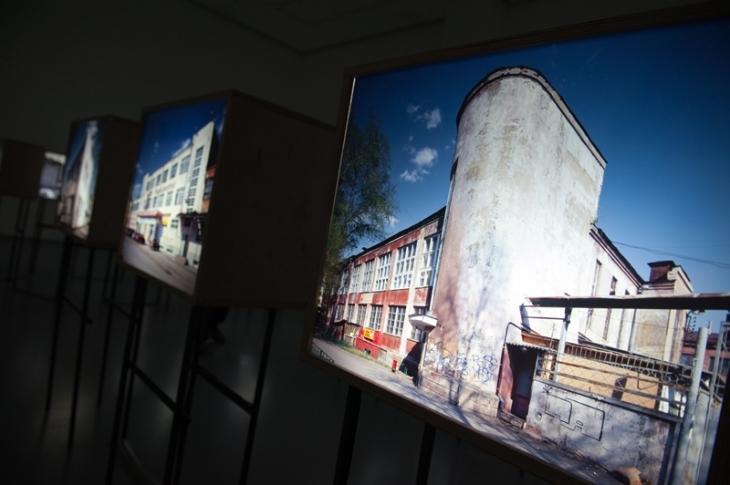
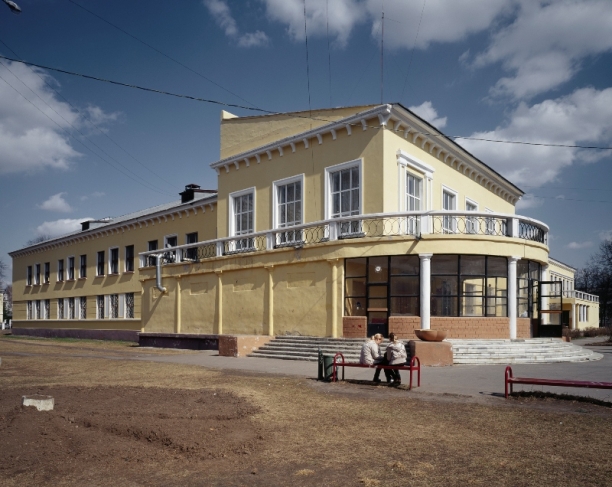
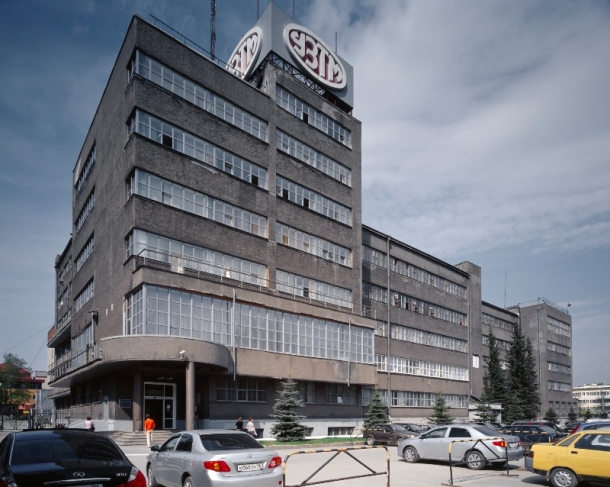
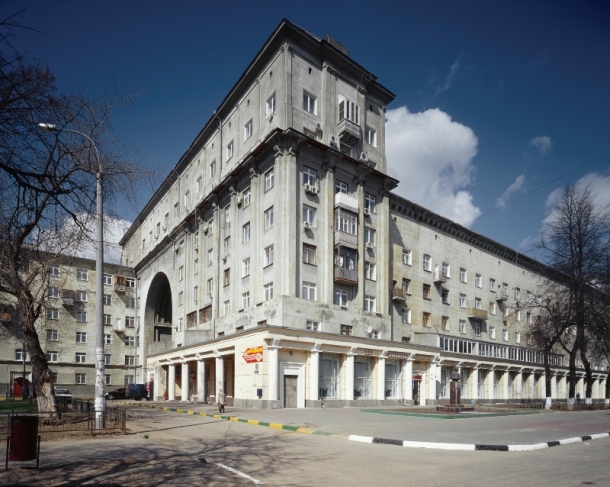
© Anton Galetskiy
© Anton Galetskiy
© Vladislav Efimov
© Vladislav Efimov
© Vladislav Efimov
Moscow, 17.05.2012—10.06.2012
exhibition is over
Share with friends
Curators: Elena Belova and Alisa Savitskaya
Participants of project:
artist, photographer Vladislav Efimov,
photographer Sergey Leontiev,
composer Georgy Stefanov
For the press
Turning away from ‘purely’ Constructivist or, on the contrary, Neo-Classicist architectural facilities, the authors of the exhibition focus attention on the urbanist phenomenon of the Soviet sotsgorod (Soviet social town) as an illustration of the 1930s transition from one utopia to another. The artist Vladislav Efimov uses examples of the sotsgorod in Sverdlovsk (Yekaterinburg) and Gorky (Nizhny Novgorod) — Uralmash and Avtozavod, both with striking Constructivist and Post-Constructivist buildings by Russian (Vesnin brothers, I.A. Golosov, P.V. Oransky, M.V. Reisher) and foreign (B. Scheffler) architects. These cities are living examples of the transformation that took place in architectural style and the social idea.
Using the technique of formal photography, Efimov renders each structure significant and monumental, whether it is a residential house, a club or public baths. Through the medium of the camera the architecture is altered, changing from a real object to an idealised picture. Packed in lightboxes and placed in a single space according to the principles of city-block planning, photographs of actually existing buildings form a total installation — the model of an inexistent, ideal sotsgorod. The utopian factory zone is equipped with all the necessary infrastructure; its streets and districts are filled with residents (photographer Sergei Leontyev), music and authentic sounds (composer Georgy Stefanov). Descriptions, addresses and names of the different structures that served as prototypes for the installation have been consciously removed from the exhibit. The ‘new town’ built by these artists is alive, allowing the viewer to determine where the boundary lies between the avant-garde and totalitarian styles, reality and apparition, constructive innovation and utopia.

